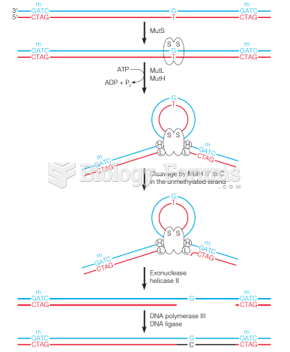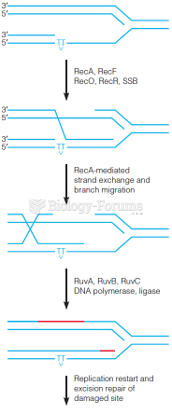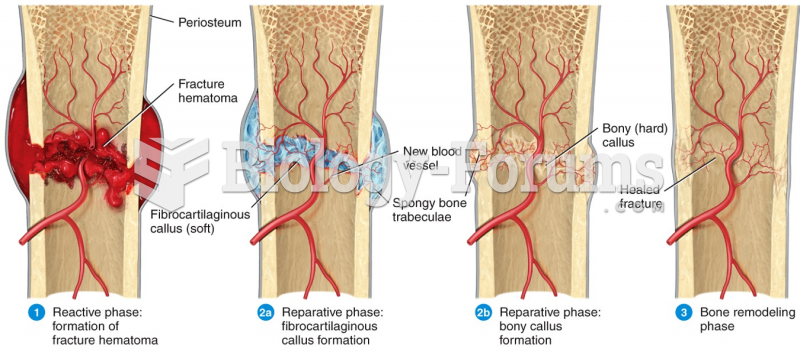Answer to Question 1
Answer: When you do establish credibility, communication becomes much easier because you no longer have to spend time and energy convincing people that you are a trustworthy source of information and ideas. To build, maintain, or repair your credibility, emphasize the following characteristics:
Honesty. Demonstrating honesty and integrity will earn you the respect of your audiences, even if they don't always agree with or welcome your messages.
Objectivity. Show that you can distance yourself from emotional situations and look at all sides of an issue.
Awareness of audience needs. Directly or indirectly, let your audience members know that you understand what's important to them.
Credentials, knowledge, and expertise. Audiences need to know that you have whatever it takes to back up your message, whether it's education, professional certification, special training, past successes, or simply the fact that you've done your research.
Endorsements. An endorsement is a statement on your behalf by someone who is accepted by your audience as an expert.
Performance. Demonstrating impressive communication skills is not enough; people need to know they can count on you to get the job done.
Confidence. Audiences need to know that you believe in yourself and your message. If you are convinced that your message is sound, you can state your case confidently, without sounding boastful or arrogant.
Sincerity. When you offer praise, don't use hyperbole, such as You are the most fantastic employee I could ever imagine. Instead, point out specific qualities that warrant praise.
Answer to Question 2
Answer: A
Explanation: A) The conversational tone is used in most business communicationplain language that sounds businesslike without being stuffy at one extreme or too laid-back and informal at the other extreme.







